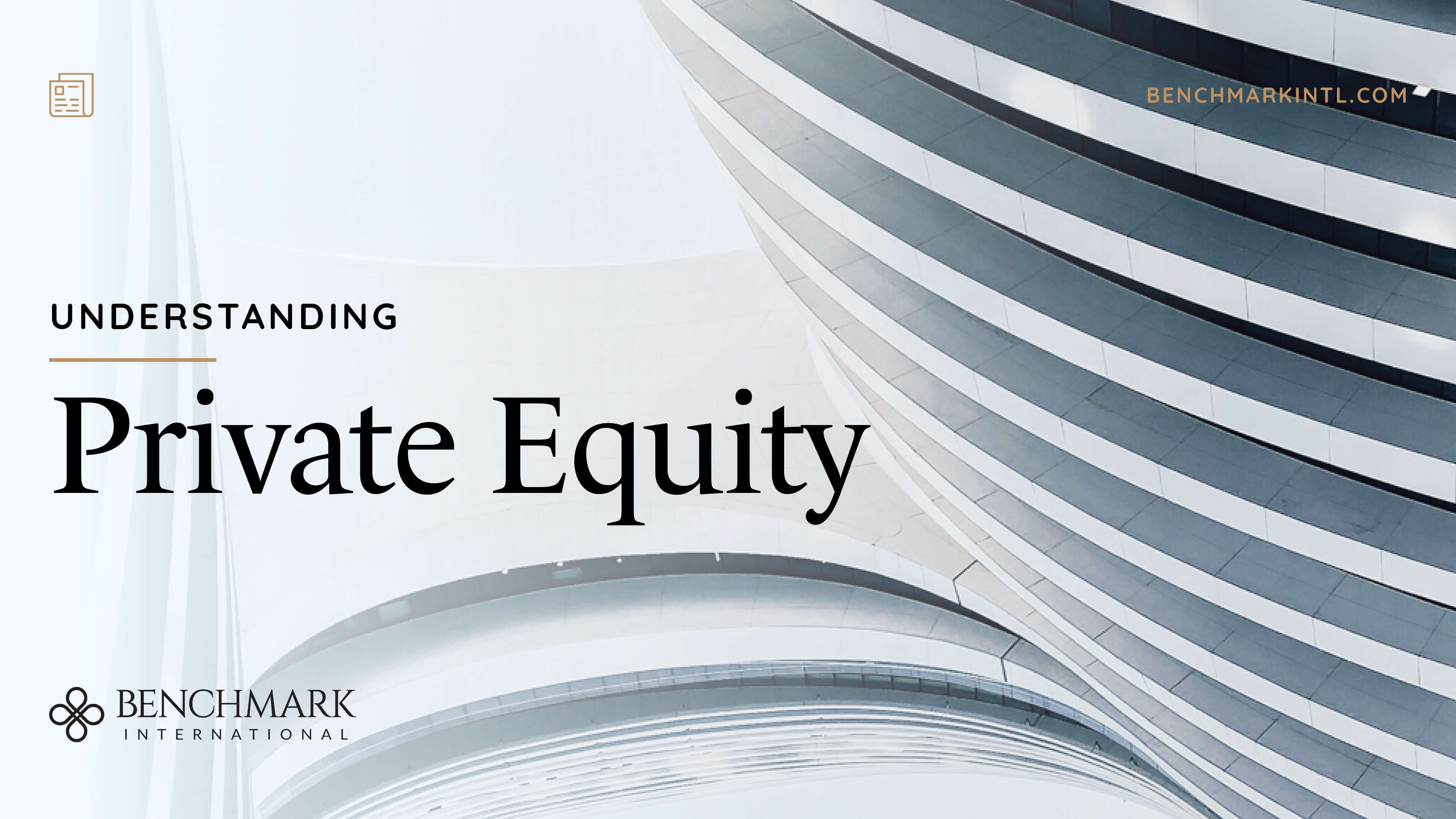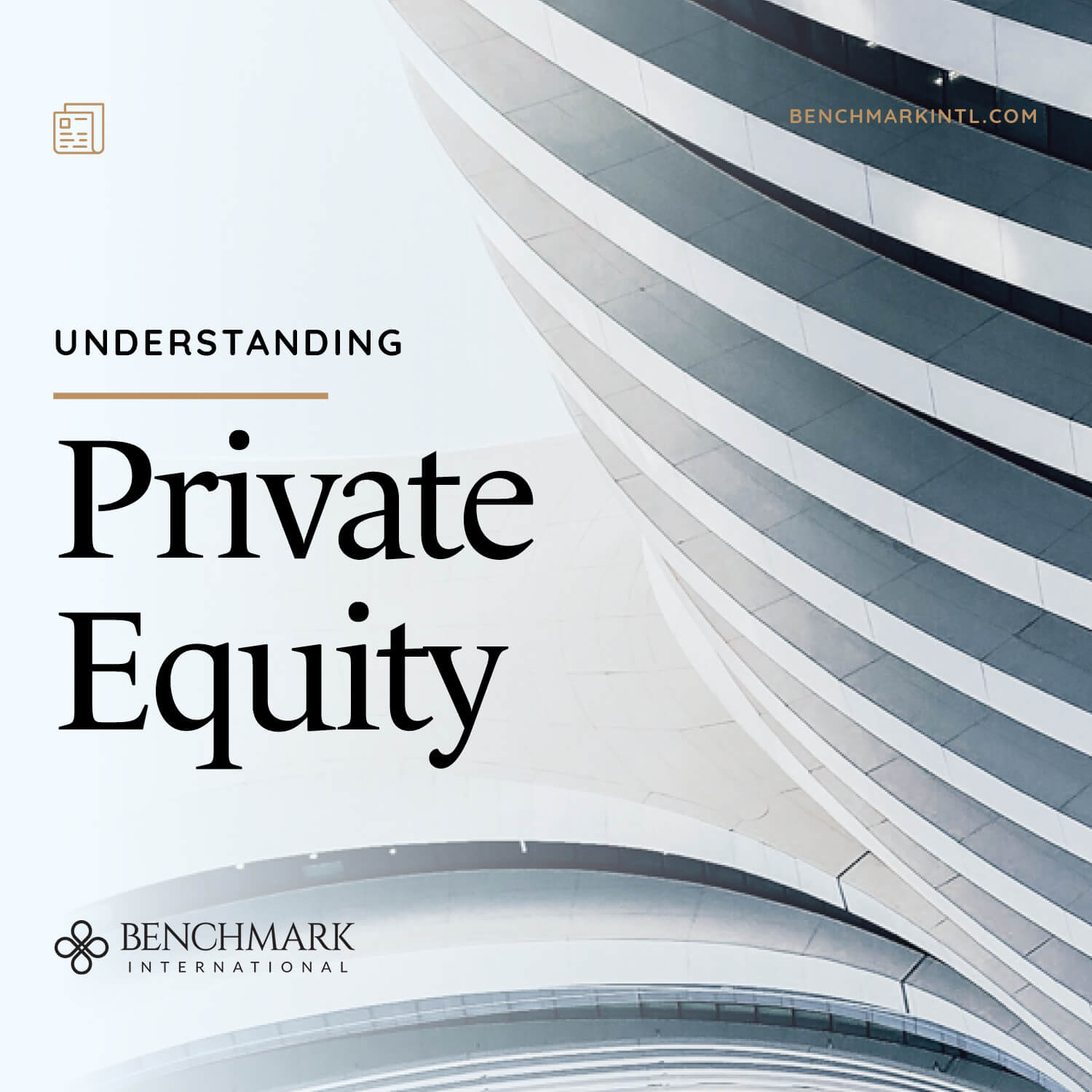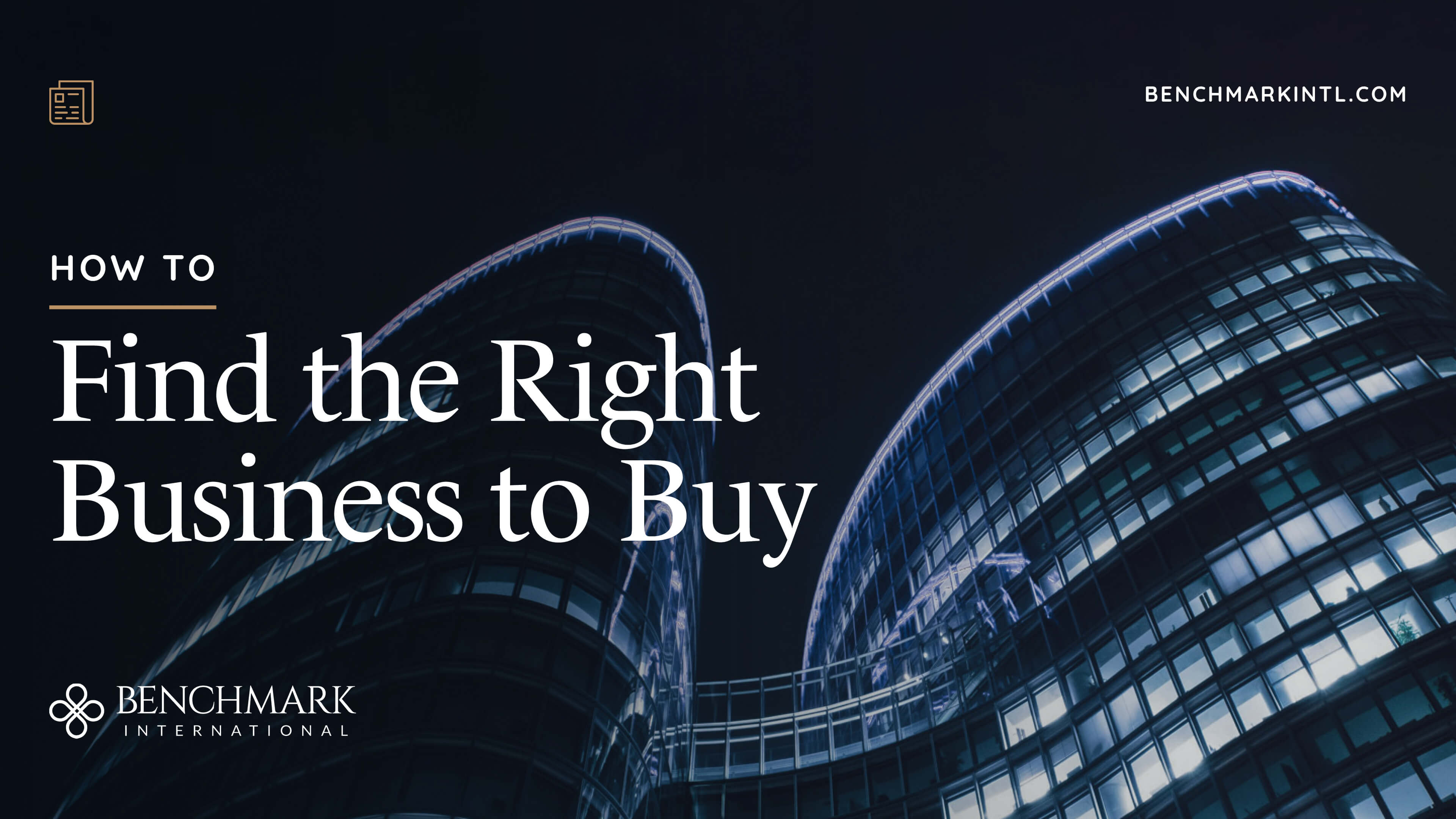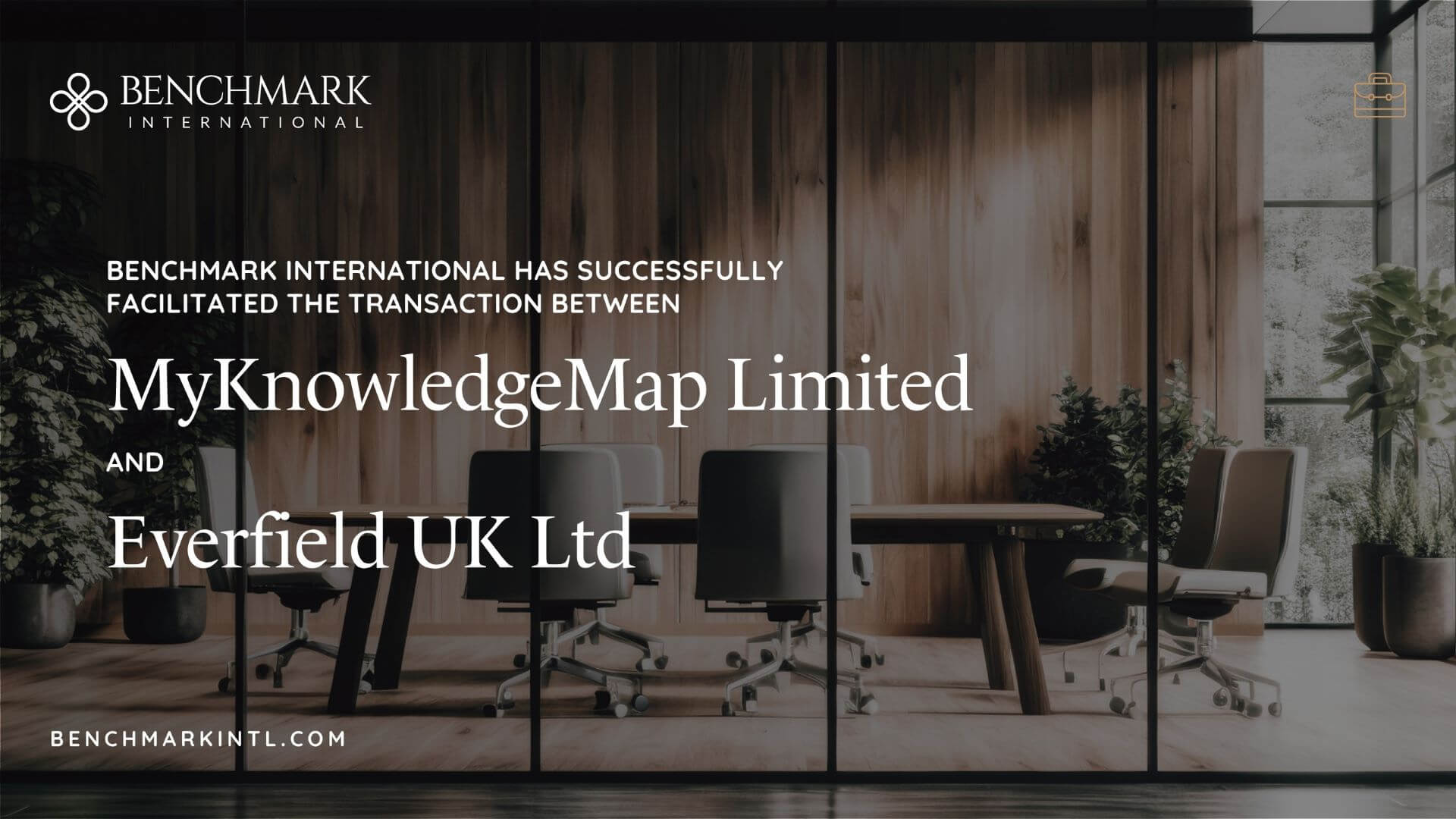
Private Equity (PE) or Private Equity Groups (PEGs) combine large amounts of capital from various sources and directly invest it in private companies or the buyout of public companies (resulting in the delisting of public equity from the stock exchange).
These sources include pension funds, mutual funds, and high-net-worth individuals. PEGs use the capital to invest in and improve businesses to increase their value and then sell them for more money to gain a positive return for both the PE firm and its investors.
Private equity investment usually comes from institutional and accredited investors who can commit substantial sums of money for long periods. The process often uses cash and debt to buy firms, employing leverage to set up a much higher internal return rate.
Private equity investments can entail significant risk, yet they also present great opportunities for achieving impressive returns.
How Does PE Invest?
PEGs invest their funds using different methods for a range of purposes.
Leveraged buyouts: Using financial leverage to acquire a business or its assets from present shareholders.
Real estate PE: Investing in commercial and real estate investment trusts (REIT). This type of PE fund often requires a higher minimum capital for investment, and the money is locked up for several years.
Distressed finance or vulture financing: Investing in underperforming companies to make adjustments that turn the businesses around, enhance their profitability, and resell them to make money.
Fund of funds (FOF): Mutual and hedge funds provide investors with a way to invest who need help affording minimum capital requirements. They have higher management fees, and their unrestricted diversification may only sometimes offer the best strategy for growing returns.
Growth capital investing: This term describes equity investments (typically minority investments) in mature companies that require funding for a significant acquisition, expansion into new markets, or restructuring operations without changing company control.
PE Firms vs. Venture Capital Firms
Private equity and venture capital (VC) firms share the common objective of investing in companies and divesting their equity stakes, yet diverge significantly in their operational approaches. PEGs predominantly target mature, well-established companies that may encounter difficulties enhancing their operational efficiency and profitability. Conversely, VC firms primarily invest in nascent businesses with substantial growth potential. Furthermore, PEGs typically acquire complete ownership of the companies they invest in and retain control after the buyout, whereas VCs usually acquire less than half of the equity in their portfolio companies, thereby diversifying their risk across multiple entities.
The Duration of PE Funds
Upon reaching a predetermined sum, a fund will cease to accept new investors. PE funds typically endeavor to reimburse all of their investors' capital within a specified time frame called the "Duration of the Fund." This cycle typically spans five to ten years and encompasses various stages. These stages include a fundraising phase lasting a few years, a period of deal sourcing and investment, a phase of portfolio management, and, ultimately, divestment from the assets.
Private equity firms generally prefer a shorter duration of ownership. This inclination stems from the fact that a robust divestment market yields a greater return rate. Conversely, extended periods of ownership diminish the rate of return owing to cash flow discounts, posing challenges in securing fresh capital. Companies valued in the millions typically experience an average holding period of five to six years, whereas those loved in the billions typically necessitate seven or more holding periods.
Upon the conclusion of a fund's lifespan, any residual investments are liquidated, and the resulting proceeds are disbursed. If the general partner deems it appropriate and a majority of investors concur, the fund's duration may be restricted.
PEGs as Buyers of Businesses
Certain private equity groups (PEGs) proactively establish and nurture relationships with high-ranking executives, actively pursuing prospects for collaboration or future investments. Conversely, other firms may adopt a more passive approach. This approach is commonly known as a commoditized investment strategy, wherein private equity firms primarily focus on acquiring and holding investments rather than actively engaging in business expansion or restructuring initiatives. Furthermore, a concept known as a search fund entails investing in an entrepreneur who seeks to acquire and manage a company of their choosing.
PE Deal Structuring
The individuals involved in a PE fund are referred to as general partners. Within the framework of each fund, they contribute a maximum of three percent of the total fund and assume responsibility for managing the fund and selecting investments for the portfolio. Additionally, they are accountable for securing the remaining investment for the fund through capital commitments from investors, specifically institutions and high-net-worth individuals, who are classified as limited partners. Limited partners, however, do not possess decision-making authority in investment matters. Once the investment is realized, the fund distributes the proceeds back to the limited partners. The fee structure of a private equity fund resembles that of a hedge fund. It encompasses both a management fee and a performance fee. The management fee amounts to approximately two percent of the capital committed to investing in the fund and covers the operational and administrative expenses of the fund. This fee is applicable even if the fund fails to generate a positive return. On the other hand, the performance fee represents a percentage of the profits generated by the fund, which is then allocated to the general partners. Typically, these fees are set at around 20% and are contingent upon the fund achieving a positive return.
PE Management
Private equity firms typically offer strategic guidance while primarily depending on the company's management to implement their operational strategy. Consequently, the association between a private equity group and the target company's management holds significant importance. It necessitates a substantial level of trust, compatibility, and synchronization of interests and future objectives.
PE as Sellers of Businesses
PE firms obtain returns on their investments through various means. These include acquiring cash or shares in another company through mergers and acquisitions, engaging in equity financing such as an initial public offering (IPO), where shares of the company are made available to the general public, and implementing a recapitalization strategy whereby cash is distributed to shareholders and private equity funds either from the business's generated cash flow or by raising debt or other securities to facilitate the distribution.
Ready to Sell Your Business?
PEGs invest in multiple companies annually, making them highly knowledgeable in identifying and executing deals that align with their objectives. It is advised that you seek expert M&A guidance when negotiating with such buyers. We encourage you to contact us to talk about how we can change the game for your business.
Americas: Sam Smoot at +1 (813) 898 2350 / Smoot@BenchmarkIntl.com
Europe: Michael Lawrie at +44 (0) 161 359 4400 / Lawrie@BenchmarkIntl.com
Africa: Anthony McCardle at +27 21 300 2055 / McCardle@BenchmarkIntl.com
ABOUT BENCHMARK INTERNATIONAL:
Benchmark International is a global M&A firm that provides business owners with creative, value-maximizing solutions for growing and exiting their businesses. Benchmark International has handled over $11 billion in transaction value across various industries from offices across the world. With decades of M&A experience, Benchmark International’s transaction teams have assisted business owners with achieving their objectives and ensuring the continued growth of their businesses. The firm has also been named the Investment Banking Firm of the Year by The M&A Advisor and the Global M&A Network as well as the #1 Sell-side Exclusive M&A Advisor in the World by Pitchbook’s Global League Tables.
Website: http://www.benchmarkintl.com
Blog: http://blog.benchmarkcorporate.com

 Benchmark International
Benchmark International  Benchmark International
Benchmark International 






